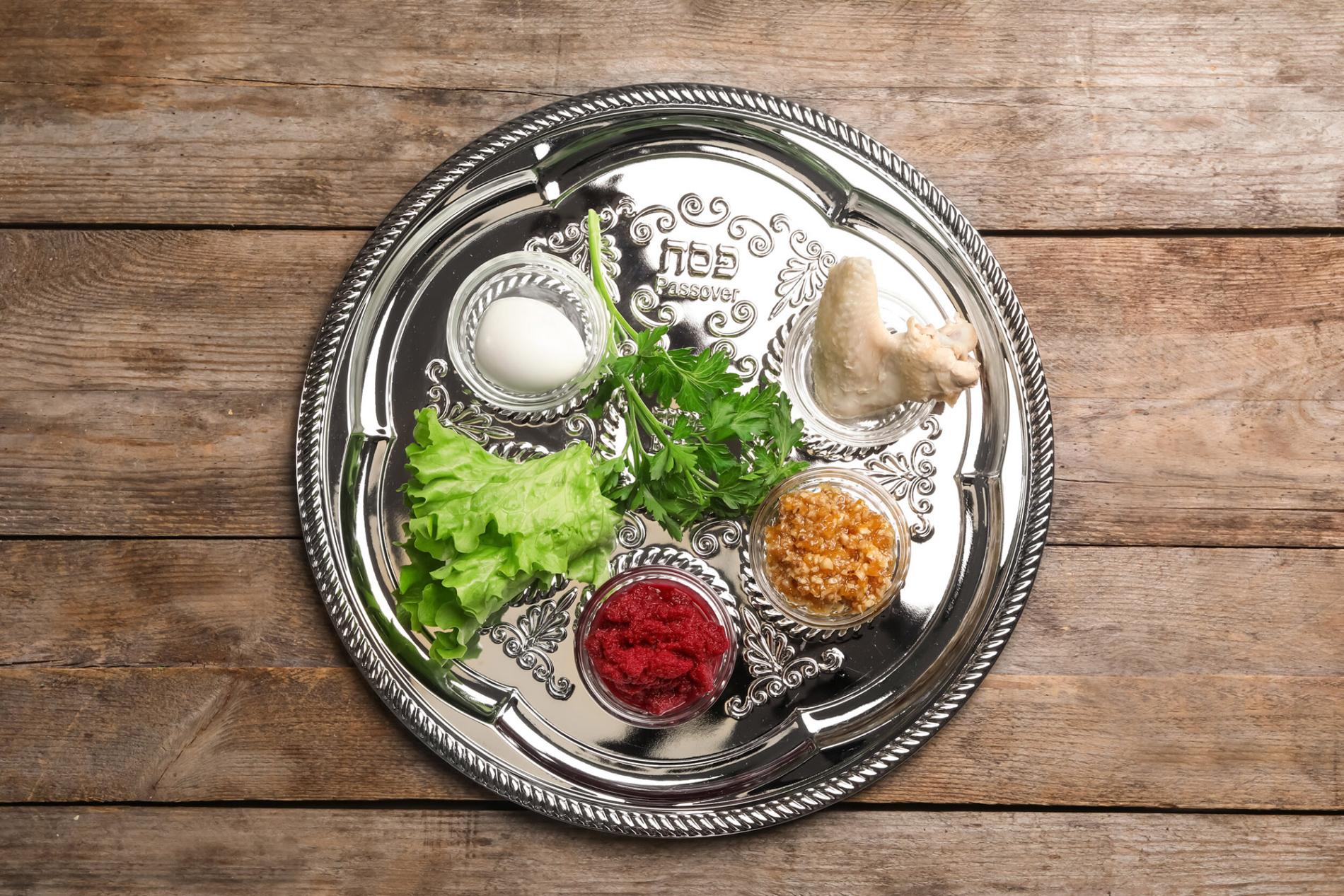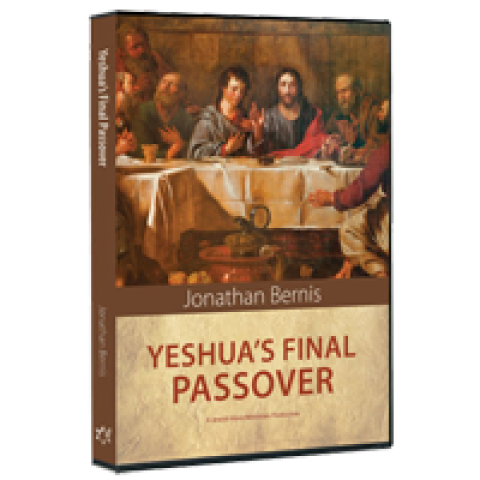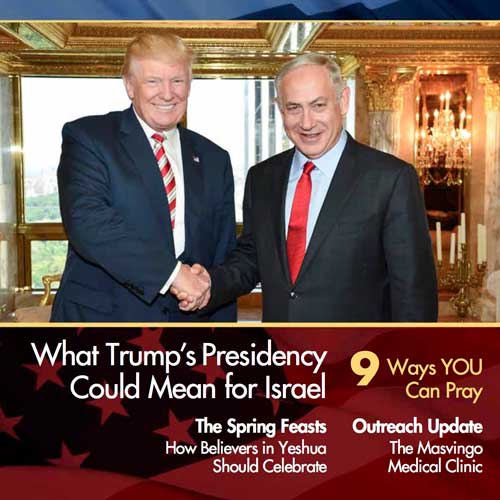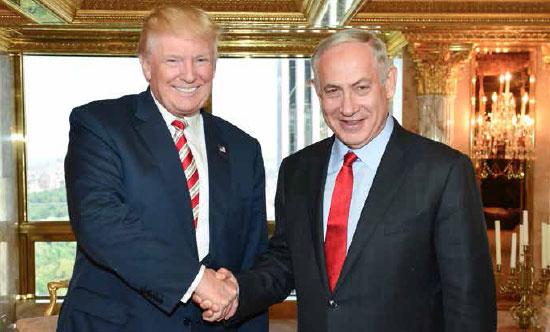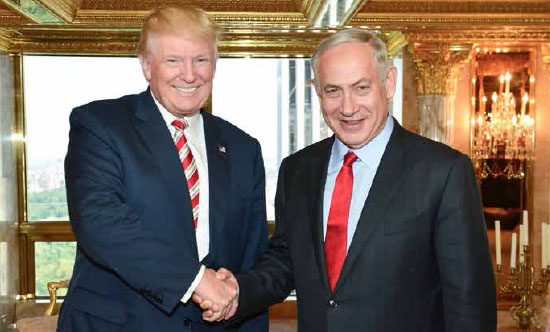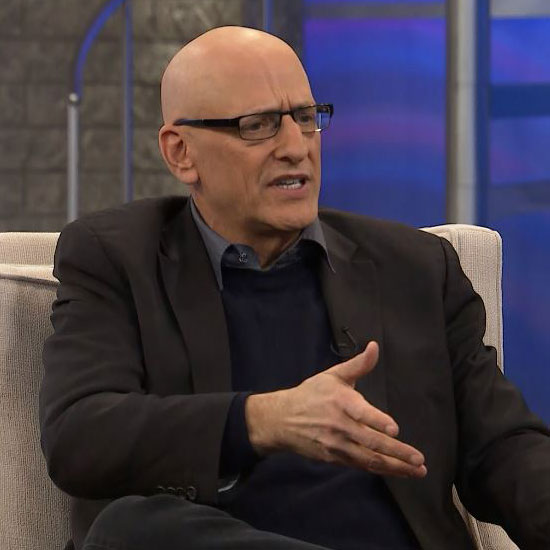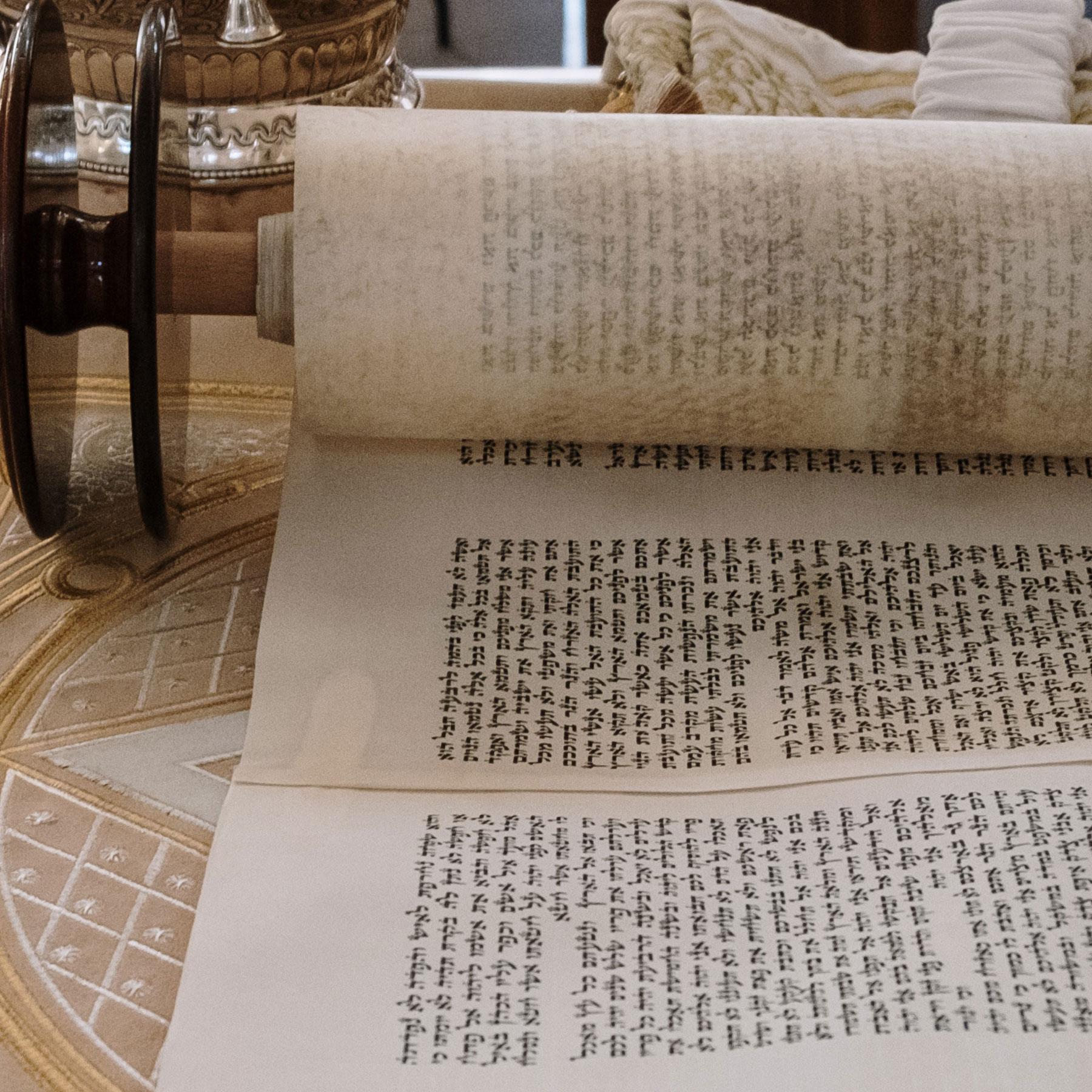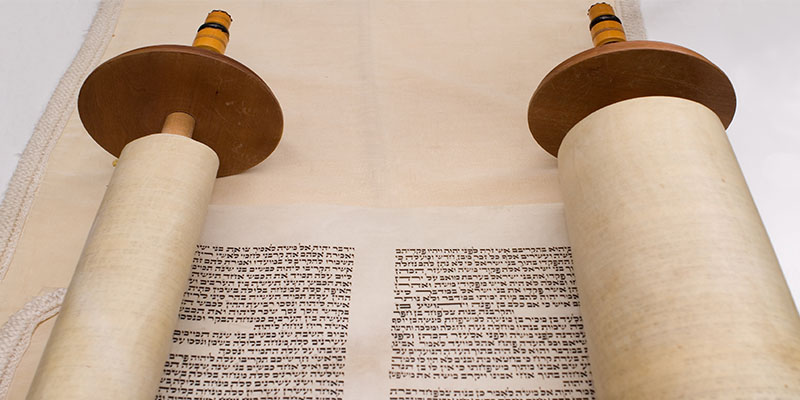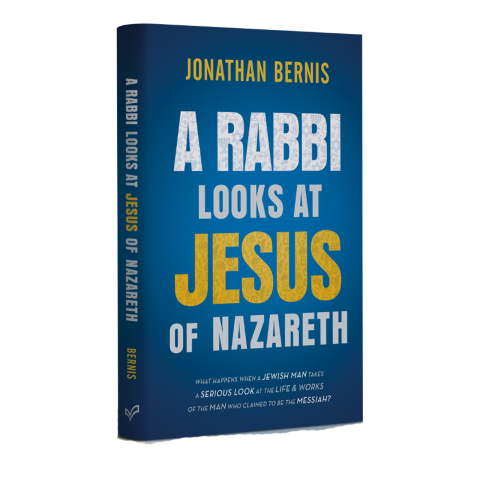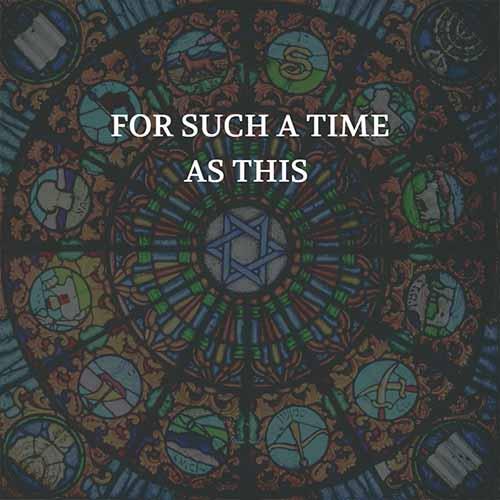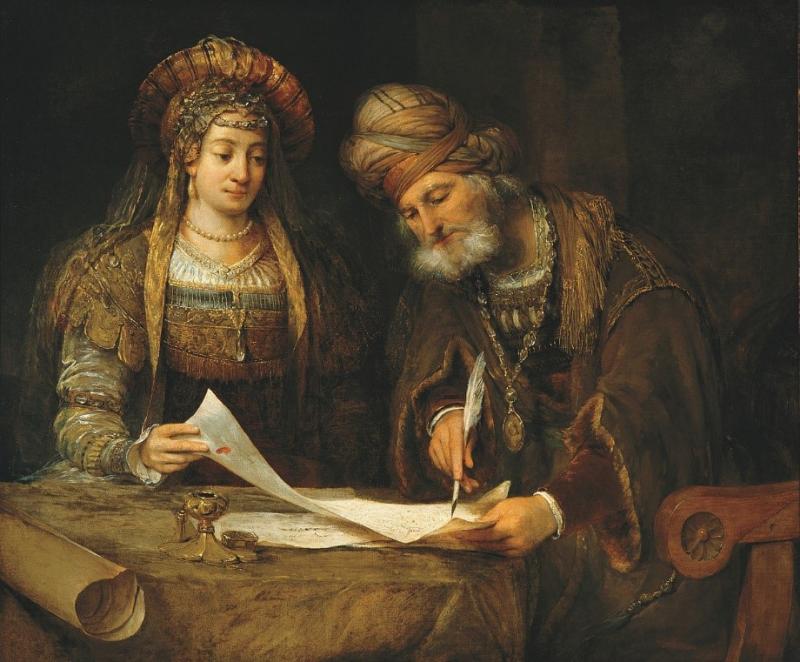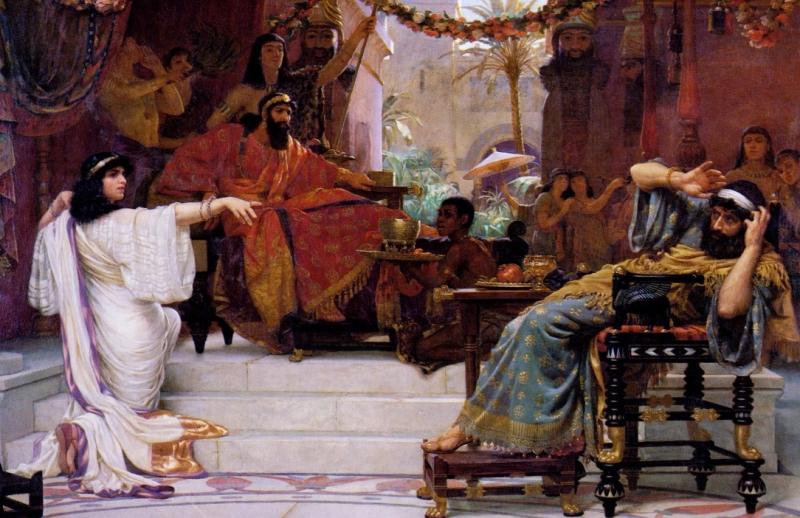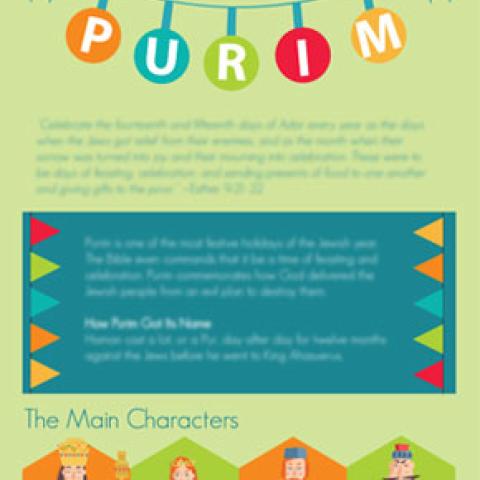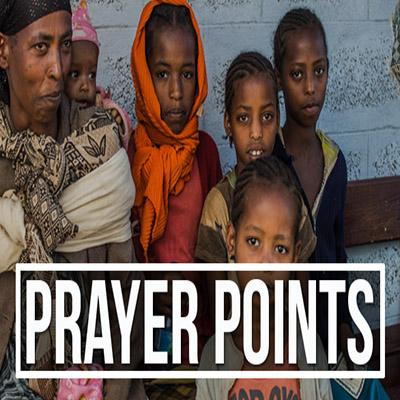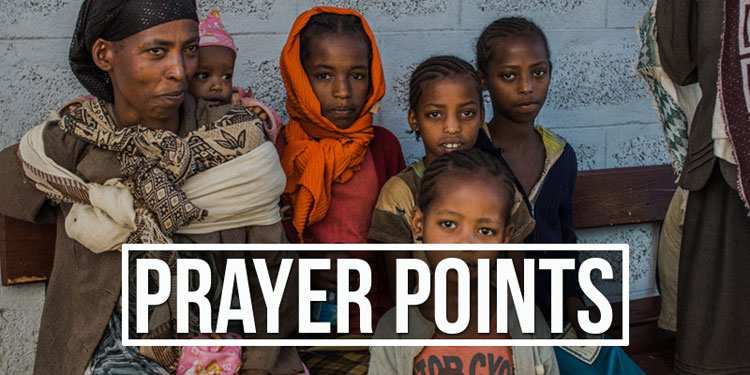Passover is one of the most important Jewish holidays of the year. It is a time to remember what God has done in liberating the Jewish people – affirming, consecrating, and preserving them as His own people. Passover is a time for retelling the story of Passover and God’s rescue of His people from slavery in Egypt. For Messianic Jews, it is also a time of remembering this holy day in Messiah Yeshua’s (Jesus’) death and resurrection. Identifying the symbolism and ways in which Passover points to Yeshua will infuse your Passover with rich meaning – whether you are Messianic Jew or Gentile.
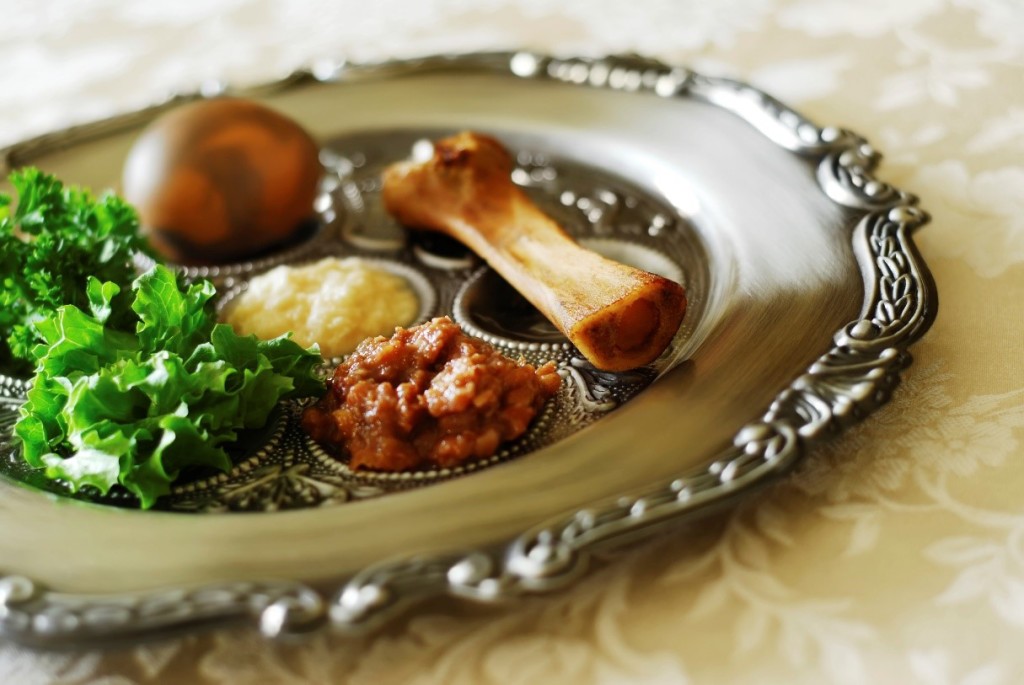
Remembering
“Why is this night different from all other nights?” a child asks during the Passover Seder.
An elder replies according to the Haggadah, a guide for conducting the Passover Seder. “Tonight is different because we remember that our people were slaves in Egypt under Pharaoh, and our God brought us out with strength and the might of His hand,” he says. “If God had not brought us out, we would still be slaves.”
Jewish people remember the events of Passover:
- Slavery – Restricted by their captivity, the Jewish people were owned by Pharaoh, subject to his will and suffering deeply because of their slavery to him
- Miracles – God caused astounding, supernatural events to occur in the process of saving His people. These miracles exhibited the power of God as greater than that of Pharaoh, and they testified that He is the one true God.
- Sacrifice – The Passover lamb was sacrificed so that its blood, spread on the doorpost and lintel of each Jewish home, provided the covering required to escape the death of all the firstborn in Egypt. Because of the blood of the lamb, Jewish people in Egypt were saved from death.
- Delivered and Set Free – Given life in the face of death, the Hebrews were set free from their bondage to Egypt and were freed to walk out of the land that had mastered them for so long
Each of these aspects of Passover bears New Covenant meaning and parallel. Messianic Jews remember at Passover what Yeshua did for us through His death and resurrection that gave us freedom from a captivity to sin that is even more powerful than that of the Hebrews to Pharaoh.
- Slavery to Sin – We were slaves to sin, unable to please God or meet His standard of righteousness. We could not have fellowship with Him because of our sin.
- Ministry of Miracles – Yeshua did countless miracles during His ministry on earth. They testify that Yeshua has both the power and authority to defeat sin and deliver us from its reign over us.
- Sacrifice – Yeshua’s blood was brought into the heavenly Holy of Holies to make atonement for our sin once and for all. His death offered us His redemption. Through His shed blood, we have redemption from our sin. His life, given for us, brings us out of death and into life in Him.
- Freed to New Life – Given life in Messiah, we are set free from the bondage to sin and freed to walk in newness of life and fellowship with God (Romans 6:4). “If God had not brought us out, we would still be slaves.”
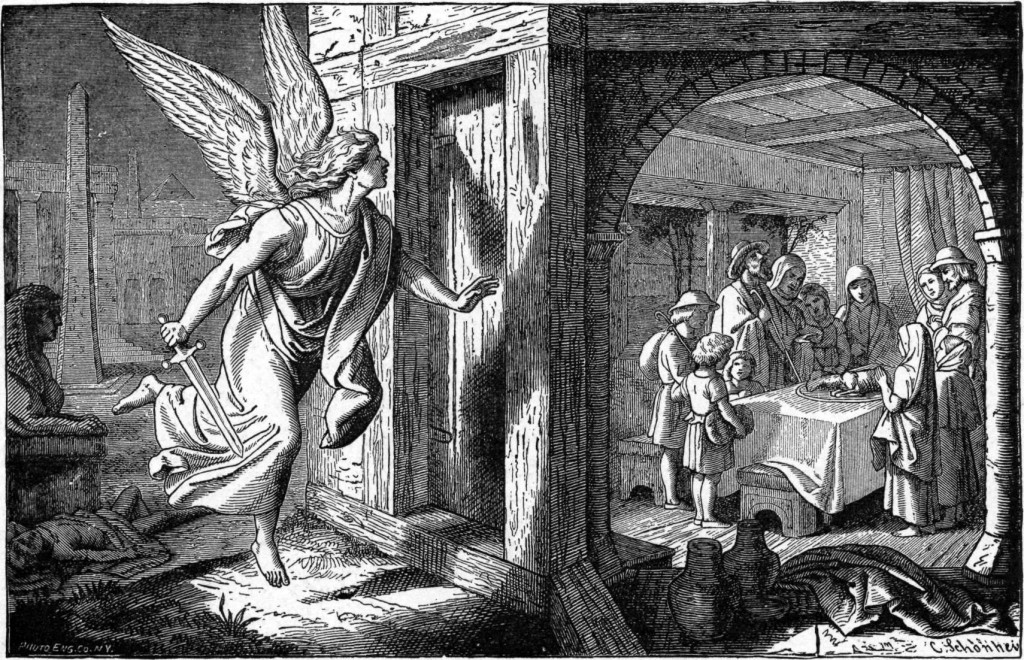
Retelling
Retelling is a big part of remembering. Retelling brings the details to the front of our mind, where we are able to marvel anew at what the Lord has done. During the Passover Seder, the story of Passover found in the book of Exodus is recounted.
The apostle Paul identified Yeshua as our Passover Lamb (1 Corinthians 5:7), and He is the fulfillment of the meaning of Passover. Retelling the account of Yeshua’s sacrificial death and resurrection highlights how Passover is a shadow of God’s ultimate plan of salvation for all humankind through Messiah Yeshua.
At Yeshua’s Last Supper, He declared that He had earnestly desired to eat that Passover meal with His disciples (Luke 22:15). Therefore, Messianic Jews often add the New Covenant practice of Communion during their Passover meal.
―1 Corinthians 11:23-26
Here are some additional New Covenant Scripture readings to enhance how to celebrate Passover as a follower of Yeshua:
―Ephesians 2: 13 TLV
But God demonstrates His own love toward us, in that while we were yet sinners, Messiah died for us. How much more then, having now been set right by His blood, shall we be saved from God’s wrath through Him. For if, while we were yet enemies, we were reconciled to God through the death of His Son, how much more, having been reconciled, shall we be saved by His life. And not only that, but we also boast in God through our Lord Yeshua the Messiah, through whom we have now received reconciliation.
―Romans 5:8-11 TLV
Yeshua answered them, “Amen, amen I tell you, everyone who sins is a slave to sin. Now the slave does not remain in the household forever; the son abides forever. So if the Son sets you free, you will be free indeed!
―John 8:34-36 TLV
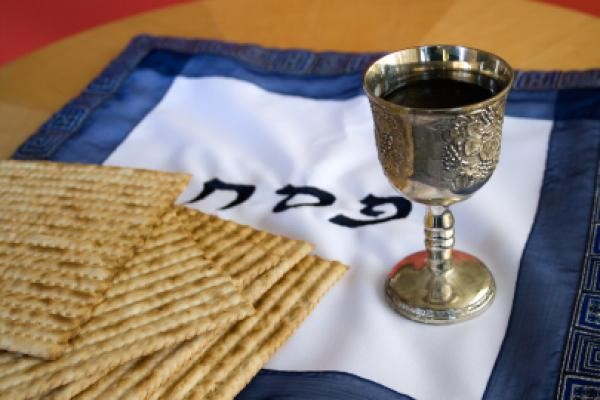
Revealing
One of the most exciting elements of the Passover Seder for Messianic Jews is the symbolism found in the Afikomen, a special piece of matzah broken during the Seder and hidden to be “revealed” later.
Jewish tradition includes placing three pieces of matzah into a matzah tosh, a cloth pouch containing three sections, one piece in each section. The matzah represents the “bread of affliction” which the Jewish people ate in the land of Egypt. For Messianic Jews, it’s hard not to also see a parallel between these three pieces of matzah and the three manifestations of the One God of the Bible – the Father, Son, and Holy Spirit.
During the Seder, the second piece of unleavened bread is taken out of the matzah tosh and broken in two. Messianic Jews, as well as Gentile Believers, remember when Yeshua, the Son of God, broke bread declaring it His body given for us (Luke 22:14-23).
The largest piece of the broken matzah is called the Afikomen, and it gets hidden somewhere in the house for the children to search for later. The child who finds it brings it to the leader of the Seder, who then “redeems” it for a prize. This redemption reminds Messianic Jews that Yeshua has redeemed us and given us the gift of eternal life.
Further symbolism of the Afikomen is revealed by it being taken away for a time during the Seder and later reunited with the Passover table. This speaks to Messianic Jews of how Yeshua has gone away from us for a time here on earth with the promise to return (John 14:3). Yeshua will return for us one day, and we will know our final redemption. Until then, we lift Him up and celebrate Him as our Passover Lamb, the Messiah sent to deliver us from sin.
For daily Passover devotionals, visit these links:
Yeshua, Our Passover Lamb – Passover Devotional 1
He Heard the Cry of Our Affliction – Passover Devotional 2
When I See the Blood – Passover Devotional 3
If God Had Not – Passover Devotional 5
Free Indeed – Passover Devotional 6
Freed to Serve A Good Master – Passover Devotional 7
Living Ready – Passover Devotional Day 8
Get Yeshua's Final Passover DVD
In this inspirational DVD, filmed on location in Jerusalem in the Upper Room, Rabbi Jonathan Bernis teaches us how to observe the rich traditions of the Passover Seder — just as Yeshua (Jesus) did with His disciples over 2,000 years ago, known as the Last Supper.



